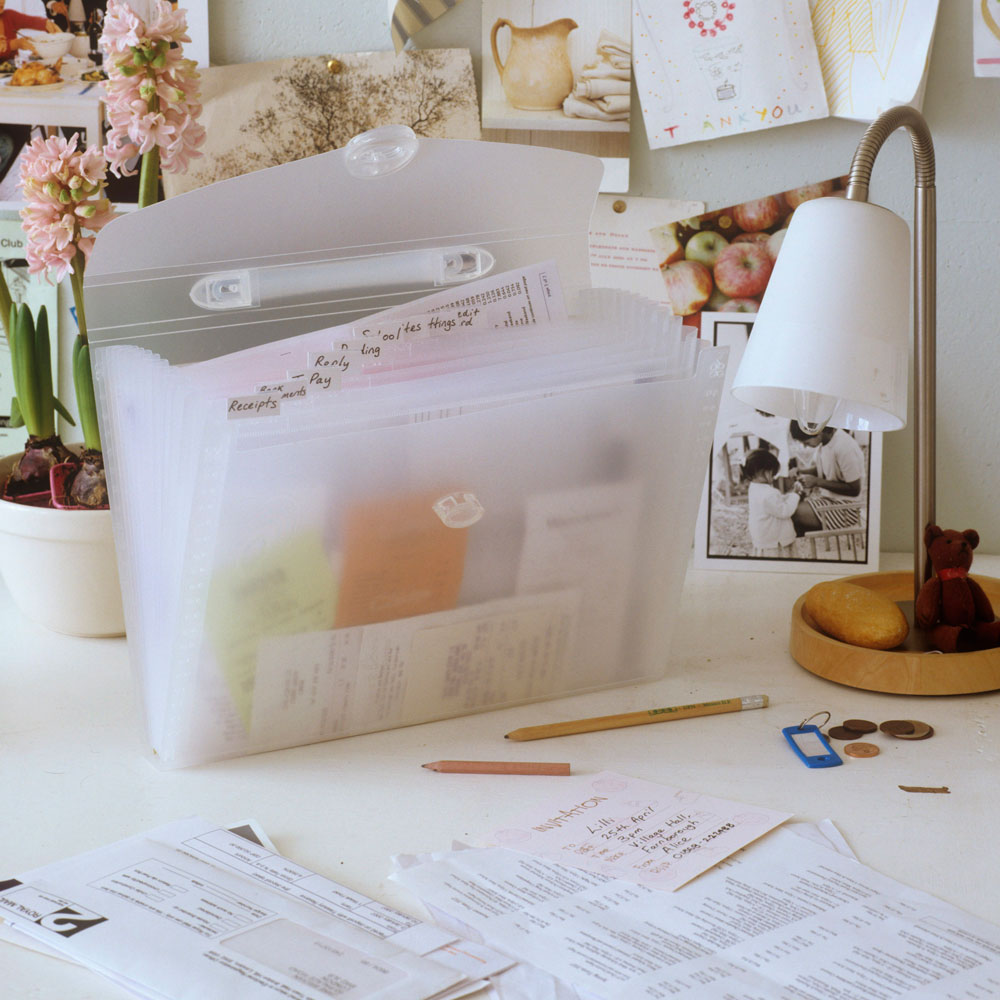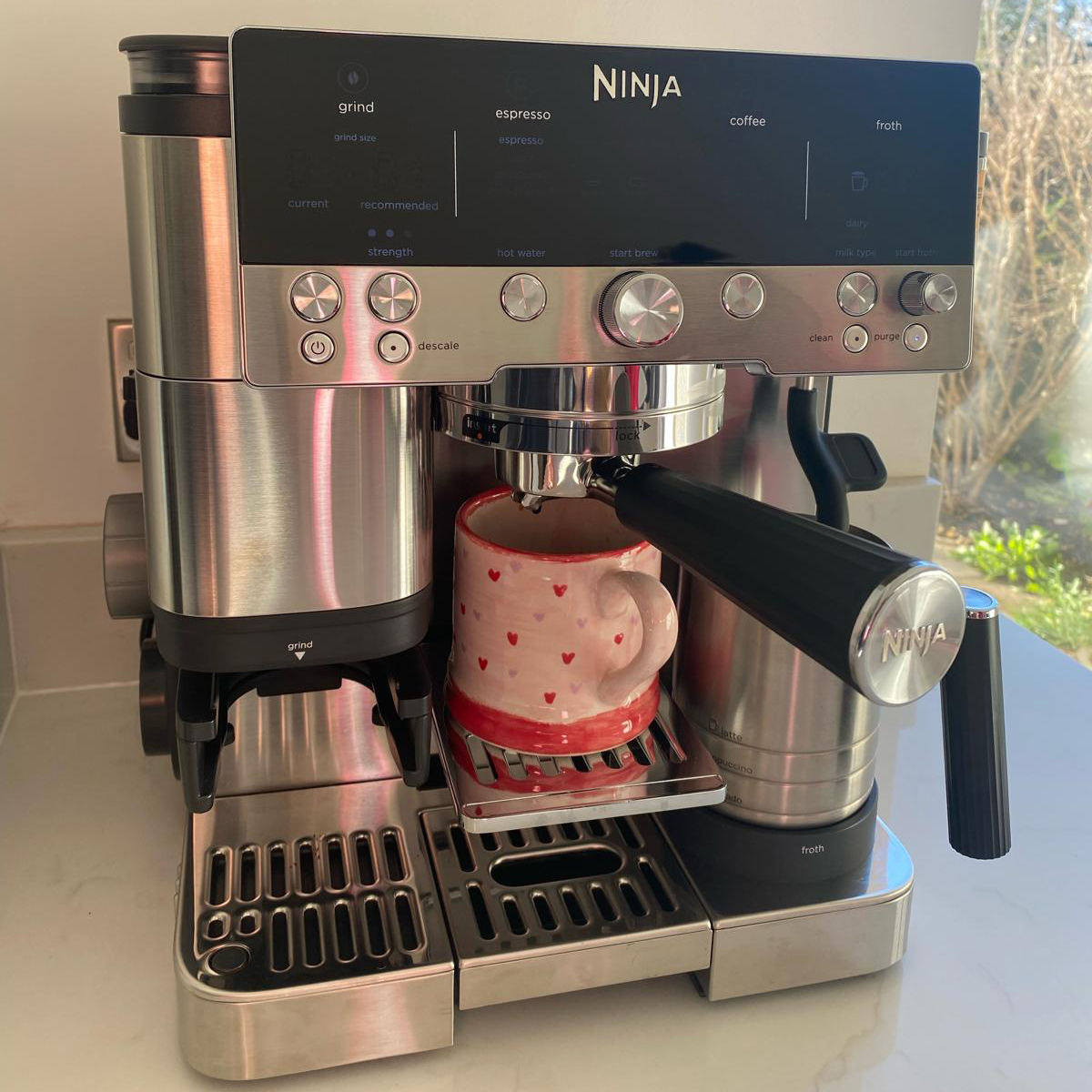What is a mortgage prisoner? And how can you avoid becoming one?
If you’re stuck on a sky-high mortgage rate and struggling to get a cheaper deal, you may be a so-called 'mortgage prisoner'
If you’re a mortgage prisoner, you’re trapped on an expensive mortgage deal, which can be particularly stressful when the cost of living is soaring.
'Mortgage rates are still low, so remortgaging can make a huge difference to your outgoings - and it’s really important that you can do this right now,' says David Hollingworth from mortgage broker L&C.
Here we explain what a mortgage prisoner is, and what your options are if you’re one.
What is a mortgage prisoner?
The term refers to homeowners who cannot switch to a better mortgage deal to reduce their outgoings, despite keeping up repayments. 'They may be trapped because their circumstances have changed – such as going self-employed, for example – and now they wouldn’t pass lenders’ affordability tests,' says Mark Harris, chief executive of mortgage broker SPF Private Clients.
The financial crisis in 2008 sparked the first wave of mortgage prisoners, when house prices plummeted, leaving many homeowners with little to no equity in their homes. Before then, some banks were offering mortgages of as much as 125% of the property’s value. Now, the maximum you can borrow is around four times your salary, and you’ll need a deposit of at least 5%.
Lenders have been tightening their mortgage lending criteria over recent years, so homeowners have more hoops to jump through to get a new deal, and some are falling through the cracks.

Look for ways to improve your credit score for a mortgage to get the best chance of getting a good mortgage in place.
Get the Ideal Home Newsletter
Sign up to our newsletter for style and decor inspiration, house makeovers, project advice and more.
How do I know if I’m a mortgage prisoner?
If you bought your home or remortgaged before tougher affordability tests were introduced in 2014, and you cannot switch to a cheaper deal, you’re likely to be a mortgage prisoner.
This could put your finances under extreme pressure if you’re sitting on your lender’s pricey standard variable rate (SVR), which typically average around 4%.
For example, if you’ve £200,000 left on your mortgage, with 25 years left to pay, your monthly repayments would be £1,056. Lowering your rate to 1.5% on a two-year fixed-rate mortgage would reduce monthly repayments to £800.
But if you’re a mortgage prisoner, you’re not alone. City regulator the Financial Conduct Authority (FCA) is reviewing how many people are mortgage prisoners, believing the number to be higher than the estimated 250,000 in the UK.
I’m a mortgage prisoner – what can I do?
There are various options if you face a brick wall when you try to remortgage. You could try moving to a lender that’s waived some of the strict affordability tests, under new rules. The FCA introduced changes in 2020 to ease the process of switching mortgage deals for mortgage prisoners, basing the decision on your payment history rather than an affordability test.
You may be able to move to a cheaper deal if you’ve got five years remaining on a mortgage balance of at least £50,000 at a maximum 75% loan-to-value (LTV). If you’re on an interest-only mortgage, you’ll also need a clear repayment plan. You can use MoneyHelper’s mortgage prisoner affordability tool to work out whether you’re likely to be accepted under the new rules.
'But first, you could first try to negotiate a new deal with your existing lender if you’re stuck on their SVR. Provided it’s still offering products and the deal must be on a like-for-like basis,' says Harris.
It’s worth speaking to a mortgage broker, as they can check the whole market. Improving your chances of being able to move to another deal. They’ll also find the cheapest and best option for your personal circumstances. Some lenders have specific products that are designed to help mortgage prisoners. They include West Brom, NatWest, Halifax and Santander – but other lenders may also offer deals, if you meet their criteria.

If you’re able to overpay your mortgage or shorten the remaining term, the loan will cost you less in the long run and increase your choice of deals. But, of course, finances are stretched enough at present with the cost of everyday bills soaring.
How can I avoid becoming a mortgage prisoner?
If you’re taking out a new deal you shouldn’t find yourself trapped on an expensive rate, as you’ll already have gone through a lender’s affordability tests.
'But if your situation changes, such as you have kids, and you’re paying for childcare, you might find that your options are more limited when you come to remortgage,' says Hollingworth. If you’re struggling to get a new deal with your existing lender, shop around to see what’s on offer elsewhere.
-
 My go-to Ninja coffee machine is on sale for Easter weekend
My go-to Ninja coffee machine is on sale for Easter weekendIt makes coffee shop quality achievable at home
By Molly Cleary
-
 When to plant out annual flowering plants for vibrant, colourful garden borders – and give them the best start, according to experts
When to plant out annual flowering plants for vibrant, colourful garden borders – and give them the best start, according to expertsNot sure when to plant out annual flowering plants? We've got you covered...
By Kayleigh Dray
-
 I'm a kitchen decor editor and didn't like this tableware trend - until I saw H&M Home's designer-look plates
I'm a kitchen decor editor and didn't like this tableware trend - until I saw H&M Home's designer-look platesThey made it easy to justify a new crockery set
By Holly Cockburn
-
 You can claim back over £300 a year from HMRC if you work from home - here’s how to check if you’re eligible
You can claim back over £300 a year from HMRC if you work from home - here’s how to check if you’re eligibleWhen it comes to saving, every little helps
By Kezia Reynolds
-
 Experts have revealed the best day to renew your home insurance policy - you’ll want to do it sooner rather than later
Experts have revealed the best day to renew your home insurance policy - you’ll want to do it sooner rather than laterDon't leave this task at the bottom of your to do list
By Kezia Reynolds
-
 Is a variable rate mortgage ever a good idea? Experts weigh in
Is a variable rate mortgage ever a good idea? Experts weigh inOur money expert explains what a variable rate mortgage is, who they can be good for, and the pros and cons of this kind of mortgage
By Samantha Partington
-
 I’m a first-time buyer, what are my chances of getting a mortgage right now?
I’m a first-time buyer, what are my chances of getting a mortgage right now?And what you can do to increase your odds
By Rachel Wait
-
 Should you ever pay above the asking price for a home?
Should you ever pay above the asking price for a home?Our money expert explains whether you should ever pay over the asking price for a home, especially if house prices fall as predicted
By Samantha Partington
-
 Should I fix my mortgage and how long should I fix for?
Should I fix my mortgage and how long should I fix for?We speak to the experts to find out whether you should fix your mortgage and how long for as well as the impact further interest changes could have on your decision
By Samantha Partington
-
 We put your mortgage questions to two leading experts, here's what they said
We put your mortgage questions to two leading experts, here's what they saidAs mortgage panic continues, we've answered the most common questions - from when mortgage rates will come down, to when you actually have to pay stamp duty
By Samantha Partington
-
 'My mortgage is set to skyrocket - what should I do?' 5 potential solutions from a money expert
'My mortgage is set to skyrocket - what should I do?' 5 potential solutions from a money expertIf you're facing higher mortgage costs, our money expert explains various courses of action you could take to ease the pressure
By Samantha Partington